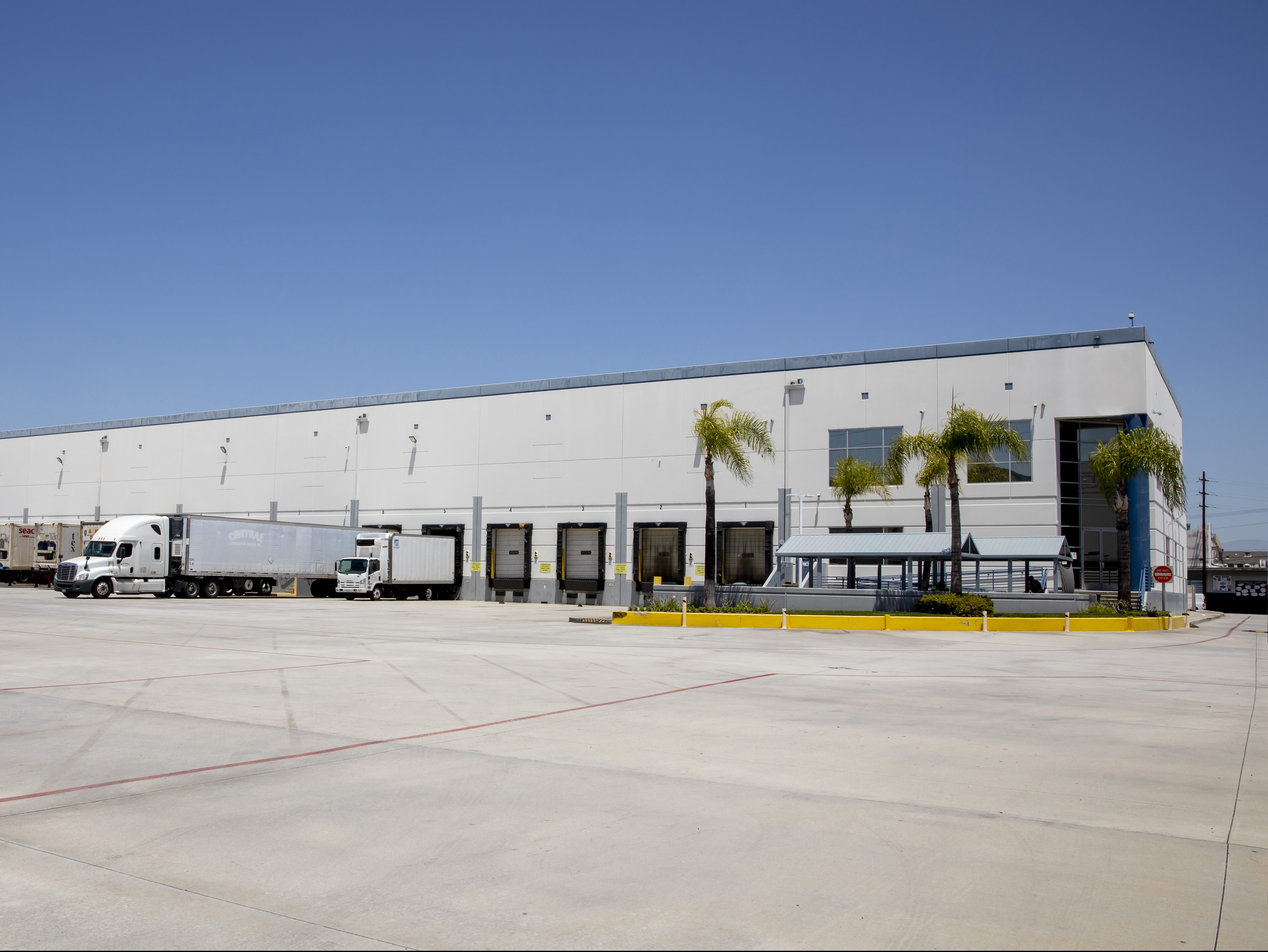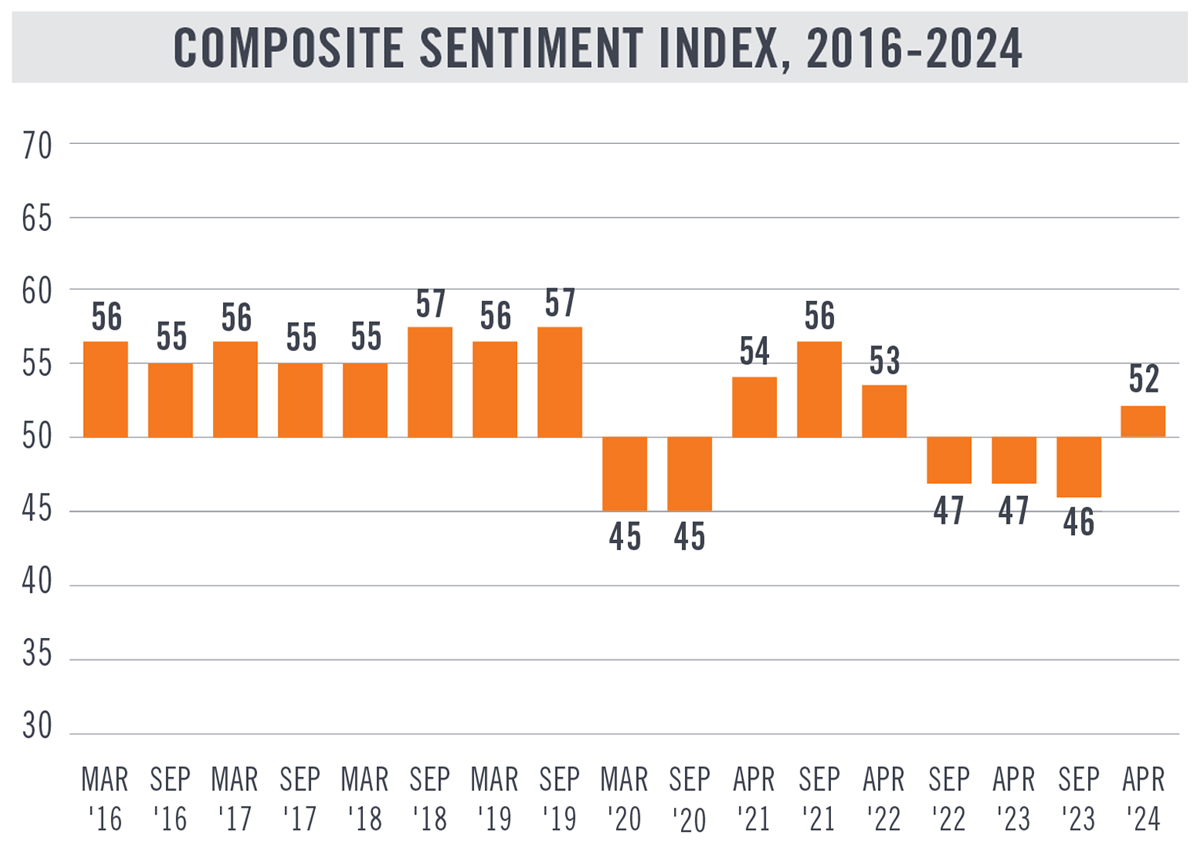Passport to Prosperity
The new hotels beyond United States borders range from a luxurious 300-room St. Regis property planned for an island in Bahrain to an extended-stay Homewood Suites by Hilton hotel that caters to executives working in business parks along India’s “IT Highway.” Whatever the size or the sector, lodging companies are racing to plant their flags…
The new hotels beyond United States borders range from a luxurious 300-room St. Regis property planned for an island in Bahrain to an extended-stay Homewood Suites by Hilton hotel that caters to executives working in business parks along India’s “IT Highway.” Whatever the size or the sector, lodging companies are racing to plant their flags in the booming economies of China, India, the United Arab Emirates and other growing countries around the world.While many of the big hotel companies have until now built significant presences in major foreign capitals and other cities through large, center-city hotels, they are now growing globally by introducing their middle-market and extended-stay brands in countries that largely lack such lodging product, such as China and India. Indeed, Hilton Hotels Corp. acquired what became its international division in 2006 for $5.7 billion in great part to leverage the opportunity to introduce brands like Hilton Garden Inn and Hampton Inn to overseas markets. The company is opening an average of five hotels per week worldwide, having announced in 2007 that it aimed to add 1,000 hotels to its international portfolio over 10 years.At the end of 2007, 1,236 projects consisting of 319,000 rooms had made it into China’s development pipeline, according to global lodging real estate consulting firm Lodging Econometrics Inc., which counts only those projects that have been announced, have a dedicated land parcel and are being actively pursued by developers. Only the United States had a larger development pipeline. China’s booming economy and this year’s Olympics, to be held in Beijing, have made immediate contributions to the activity, and the Shanghai World Expo, to be held in 2010, also factors in. Dubai-based Jumeirah has joined the rush and plans to open its first Asia hotel in Shanghai in August.InterContinental Hotels Group Plc has made growing its China room count a focus, and by year-end 2007, it had 107 hotels—out of a worldwide total of 1,700—planned for China. InterContinental took 25 years—from 1982 to 2007—to open its first 81 hotels in China, but the hotel company plans to have increased that total to 125 during 2008 alone. Its China development pipeline includes 16 InterContinental Hotels, 42 Crowne Plazas and a combination of 49 Holiday Inn and Holiday Inn Express properties.InterContinental Hotels Group envisions additional expansion in China that would recall the 1950s growth of Holiday Inn along the U.S. Interstate System. China is developing highways now, aiming to link its 31 provinces. That is opening up the concept of the “road trip” to 1.3 billion Chinese. To take advantage of the new pool of potential guests, InterContinental Hotels Group has introduced a Fun on Wheels promotion for its China Holiday Inns, placing travel guides—with driving routes and Avis rental car package information—in the rooms. As more Chinese hit the highway, “they are going to need places to sleep,” said Leslie McGibbon, senior vice president of global corporate affairs for the company.But the Chinese also want to travel outside their country, providing further expansion opportunities for hotel companies. By 2020, 100 million China residents will travel outside the country, roughly triple today’s rate, according to the Travel Industry Association. If InterContinental Hotel Group can familiarize those travelers with its array of brands now, they will likely choose one of those brands when traveling overseas, McGibbon said.India also sported a significant hotel-development pipeline by year-end 2007: 487 projects encompassing 77,393 rooms, many of them in the suburbs of major cities, according to Lodging Econometrics president Patrick Ford. Expanding into that country is not without obstacles, though. “India’s infrastructure is far less developed (than China’s),” Ford noted. Still, opportunities remain abundant. Local developer DLF Ltd. and Hilton Hotels, for instance, have agreed to develop and operate 75 hotels in India over the next seven years. That agreement includes plans for two Homewood Suites by Hilton: one near a convention center in Dwarka, a growing district in southwest New Delhi; and another in Chennai, on the IT Highway, so named because it hosts a large number of industrial parks populated by information technology-related companies.There is a major need for extended-stay hotels in India, according to Rebecca Wyatt, senior vice president of Homewood Suites. Executive apartments serve long-term visitors but typically those staying for at least six months. Options for executives on two-week- or month-long assignments are limited, she said.The Homewood Suites built in that country will physically connect to Hilton Garden Inns to offer Homewood visitors access to Hilton Gardens’ full-service restaurants. The Hilton Garden Inns in India, in fact, may even contain two restaurants: one specializing in Indian food and the other offering Western fare.






